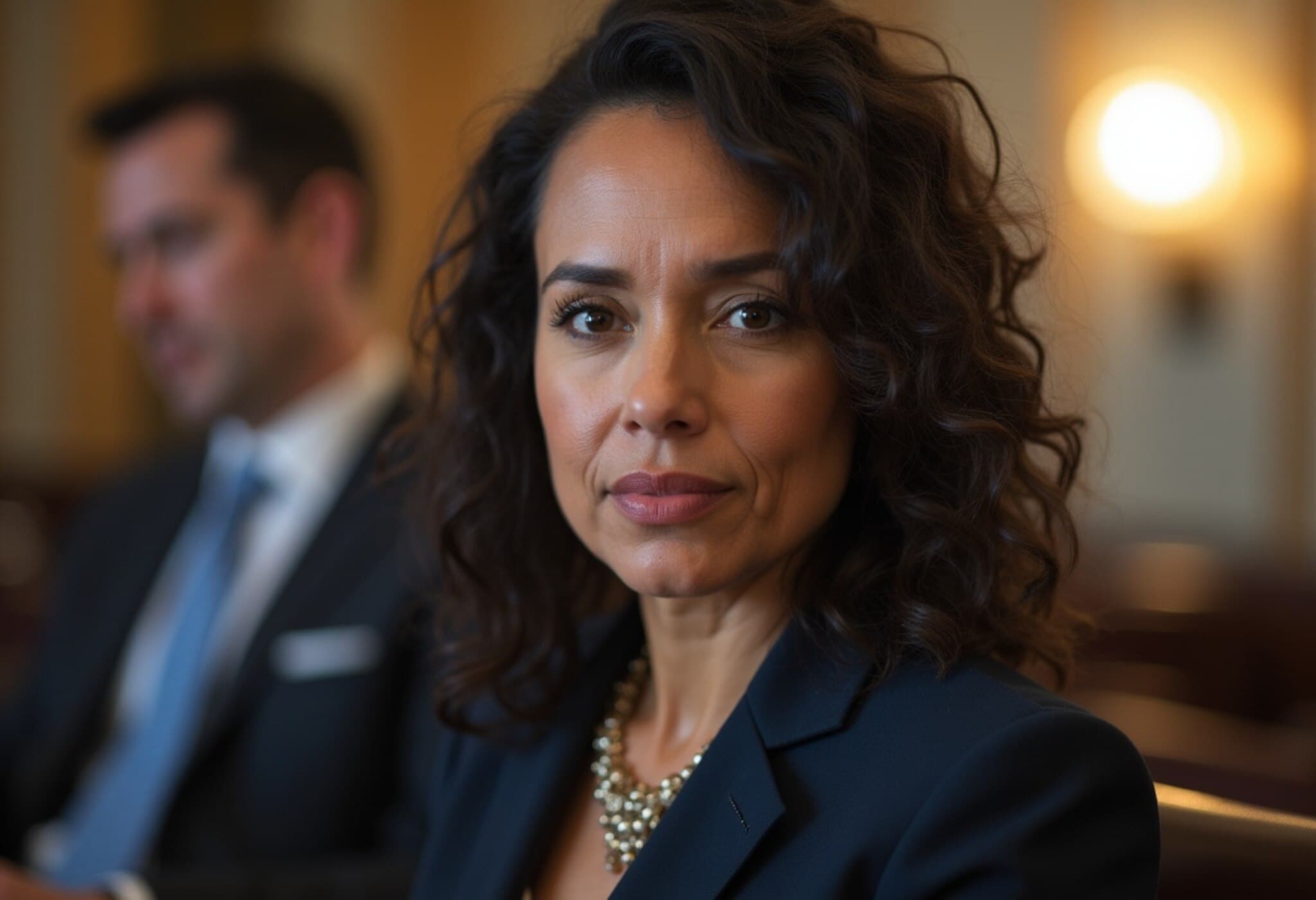New Jersey Physician Faces Serious Charges Over Opioid Prescriptions and Patient Exploitation
Ritesh Kalra, a New Jersey-based physician of Indian descent, has been formally charged with multiple offenses involving medical fraud, prescription drug misconduct, and sexual exploitation of female patients. The disturbing allegations accuse Dr. Kalra of operating a so-called "pill mill," where he prescribed opioids without legitimate medical reasons, submitted fraudulent insurance claims, and solicited sexual favors in exchange for powerful painkillers.
Unmasking the Operation: Opioids Dispensed Unlawfully
Between January 2019 and February 2025, Kalra is alleged to have issued over 31,000 oxycodone prescriptions alone, an exceptionally high volume that raised red flags with law enforcement and medical regulators. On certain days, he reportedly wrote more than 50 prescriptions. These controlled substances, including oxycodone and promethazine with codeine, are strictly monitored due to their high addiction potential. Evidence suggests that numerous prescriptions had no genuine medical justification, contributing to the ongoing opioid epidemic that has devastated communities nationwide.
Exploitation of Vulnerable Patients: Sexual Coercion Allegations
What makes this case particularly egregious is Kalra’s alleged misuse of his medical authority to demand sexual favors from female patients in exchange for opioid prescriptions. Former employees reported that several female patients confided to them about unwanted sexual advances, which included inappropriate touching and coercion to perform sexual acts—some as extreme as oral and anal sex during medical appointments. This abuse of power highlights a dark intersection of healthcare vulnerability and exploitation.
One especially troubling account reveals that Kalra continued issuing opioid prescriptions for a patient even while she was incarcerated at the Essex County Correctional Facility, illustrating a blatant disregard for legal and medical ethics.
Fraudulent Billing and Fabricated Medical Records
Adding to the string of allegations, Dr. Kalra is accused of billing Medicaid and other insurers for appointments and counseling sessions that never occurred. Investigations into his electronic medical records uncovered falsified progress notes and examination documentation that were suspiciously uniform and repetitive, lacking any proper vital sign recordings. Such practices not only constitute health care fraud but also jeopardize patient safety and waste critical public resources.
Official Response and Legal Implications
U.S. Attorney Alina Habba condemned Kalra’s conduct, stating, "Physicians hold a position of profound responsibility—but as alleged, Dr. Kalra used that position to fuel addiction, exploit vulnerable patients for sex, and defraud New Jersey’s public healthcare program. By exchanging prescriptions for sexual favors and billing Medicaid for ghost appointments, he not only violated the law but endangered lives."
Kalra is currently under home arrest, prohibited from practicing medicine or prescribing any medications, and his medical practice must cease operations while legal proceedings move forward. This case serves as a stark reminder of the systemic vulnerabilities within medical oversight, especially regarding opioid prescriptions, which remain a critical public health concern in the United States.
Context: Opioid Crisis and Physician Accountability
The opioid epidemic continues to challenge the American healthcare system, with thousands succumbing annually to overdose and addiction. Cases like Kalra's underscore not only the dangers of illicit prescribing but also the ethical breaches that can occur when safeguards are insufficient. Physicians wield immense influence and trust; breaches such as these severely undermine public confidence and patient safety.
Experts emphasize the need for more robust prescription monitoring programs and greater transparency to catch "pill mills" before they devastate communities. Moreover, this case raises broader questions about the mechanisms in place to protect patients from sexual exploitation, especially in vulnerable situations involving substance dependence.
Looking Ahead: What This Case Reveals
- The urgent necessity for strengthened regulatory oversight and real-time prescription monitoring systems.
- How patient vulnerability to addiction can be exploited by unscrupulous medical professionals.
- The critical importance of safeguarding patient rights and dignity in clinical settings.
- Potential reforms required in prosecutorial approaches to healthcare fraud intertwined with sexual misconduct.
As this case unfolds, it highlights the intersections of public health crises and ethical failure, reminding the medical community and regulators alike of the relentless vigilance needed to protect patients.
Editor’s Note
While the opioid epidemic is often discussed in terms of overdose statistics and treatment challenges, equally crucial is addressing the dark underbelly of opioid distribution — the exploitation of patients by those entrusted to heal them. The allegations against Dr. Kalra are horrifying not only for the scale of unauthorized opioid prescribing but for the profound betrayal of patient trust through sexual exploitation and fraud.
This case serves as a cautionary tale for healthcare systems nationwide: regulatory frameworks must evolve to identify and dismantle such abuses swiftly, and patient advocacy needs strengthening to give victims a louder voice. Ultimately, patient safety, integrity in medical practice, and justice depend on the collective efforts of policymakers, law enforcement, and medical boards working in unison.
Readers might consider: How can medical institutions better ensure ethical prescribing? What policies can protect patients from sexual coercion in healthcare environments? And how do we balance combating a public health crisis with safeguarding individual rights?
We will continue monitoring and reporting as developments occur.



















